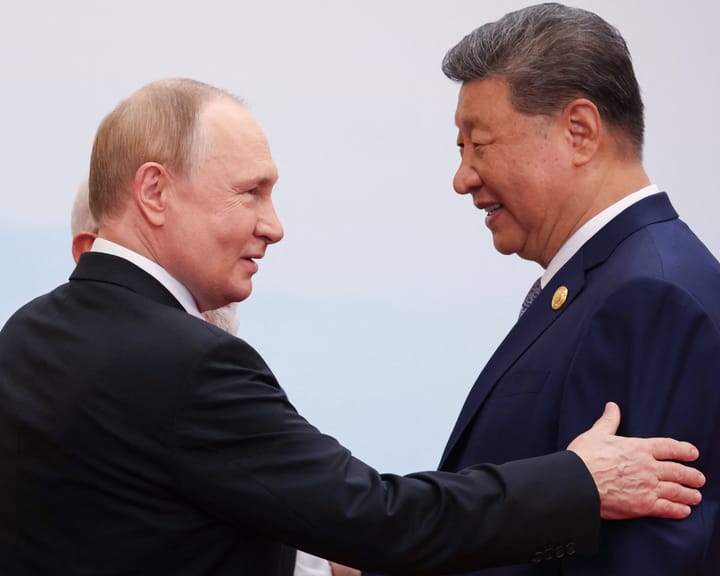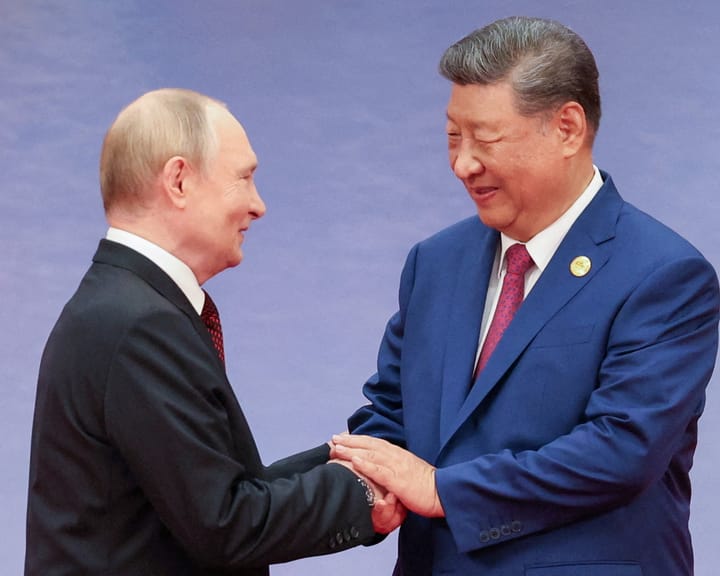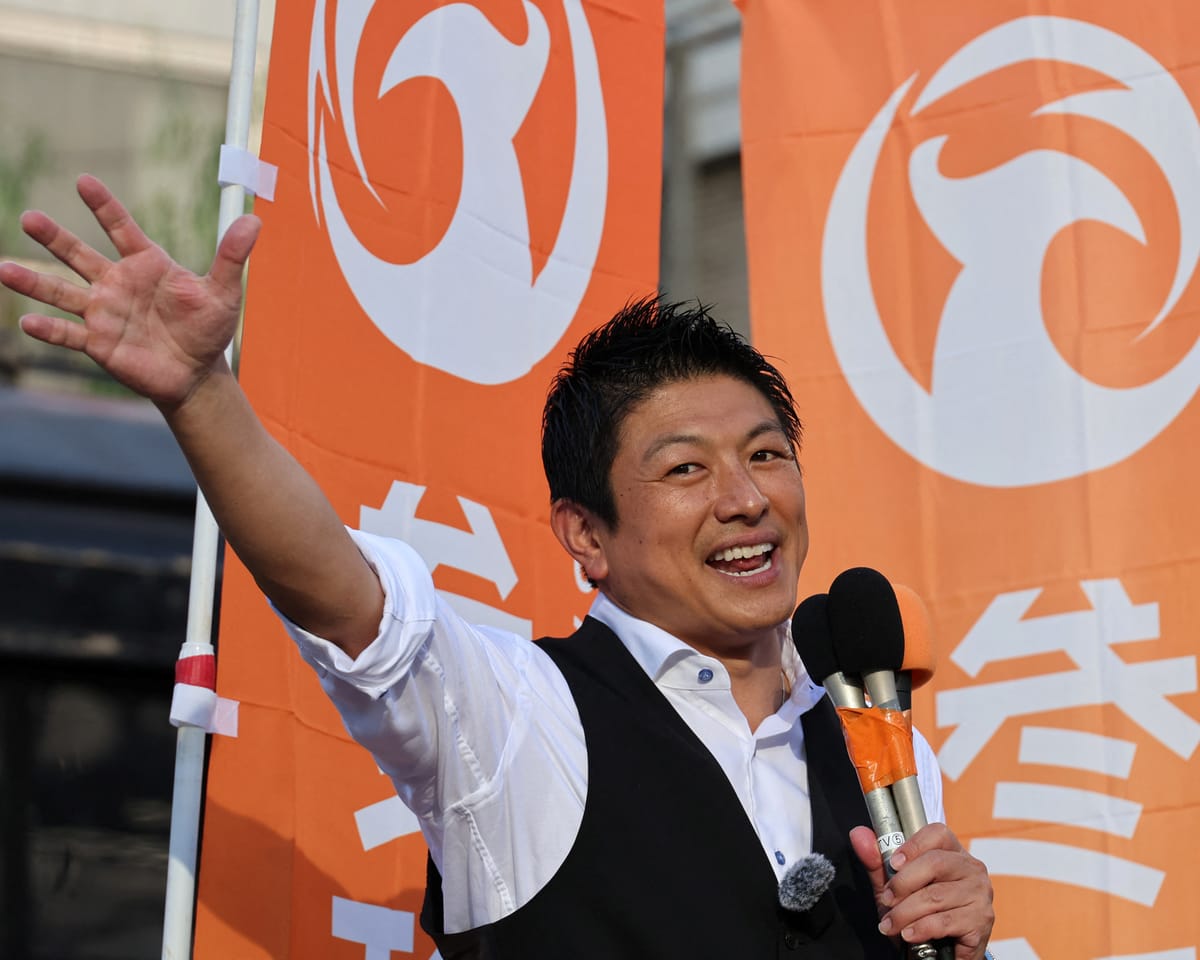Far-right party gains influence in Japan’s upper house elections
A nationalist party advocating a “Japan-first” platform secured significant gains in Sunday’s upper house elections, winning 14 additional seats.
Originally formed on YouTube during the pandemic, when it circulated unverified claims about vaccines and global elites, Sanseito expanded its base ahead of the vote by opposing immigration and shifting once-marginal political rhetoric into mainstream discourse.
The ruling coalition, led by Prime Minister Shigeru Ishiba’s Liberal Democratic Party and its ally Komeito, lost its majority. This setback forces the coalition to rely more heavily on opposition support to maintain power. With the latest results, Sanseito now holds 15 seats in the 248-member chamber.
The party’s messaging has gained traction in Japan, where rising global inflation and a weakened yen have led to higher living costs—particularly for food—after years of stable prices. Rice prices nearly doubled in the year leading to June, triggering political unrest and a cabinet minister’s resignation.
Wages have stagnated amid economic sluggishness, eroding Japan’s long-held sense of stability and fueling pessimism about the future. Lower-income households have been hit hardest, forming a key part of Sanseito’s growing support base.
“Many of its supporters are first-time voters—people disillusioned with mainstream parties,” said Michael Cucek, a Japanese politics expert at Tokyo’s Temple University, speaking before the election.
Sanseito’s platform includes restoring traditional family values, repealing the LGBT Understanding Promotion Act, preserving Japan’s “unique cultural heritage,” reducing immigration, and providing monthly child allowances of ¥100,000 ($670) while ending welfare for non-citizens.
“Anti-foreign sentiments, once taboo, are now out in the open,” noted Jeffrey Hall, a lecturer at Kanda University in Tokyo, who researches Japan’s right-wing movements. He highlighted the party’s online influence, popularity among young men, and warnings about immigration threatening local culture.
Sanseito’s leader, Sohei Kamiya—a former grocery store manager and English teacher—has cited former U.S. President Donald Trump’s “bold political approach” as an influence. Analysts have drawn parallels between Sanseito and right-wing, anti-immigration parties in Europe, such as Germany’s AFD and Britain’s Reform UK.
“In the past, discussing immigration would draw backlash from the left,” Kamiya told Reuters recently. “We still face criticism, but our support is growing.”
Debates over immigration have intensified after Japan eased its traditionally strict policies to address labor shortages caused by its aging, shrinking population. Foreign residents reached a record 3.8 million in 2024, though they still account for just 3% of the population—far lower than in most developed nations.
Read next

"Xi and Putin denounce Western actions at Shanghai summit, citing bullying and Ukraine war blame"
Xi Jinping has denounced the "actions of coercion" by certain nations, while Vladimir Putin attributed the conflict in Ukraine to western interference, during the second day of a major gathering in China aimed at offering an alternative to western-dominated alliances.
The Shanghai Cooperation Summit (SCO) commenced in Tianjin

"Over 600 killed in shallow earthquake in eastern Afghanistan, reports state media"
6.0 Magnitude Earthquake Claims Hundreds of Lives, Reports Indicate
A powerful earthquake struck eastern Afghanistan near the border with Pakistan, resulting in hundreds of fatalities and injuring over a thousand people, according to the national broadcaster Radio Television Afghanistan (RTA). Concerns remain that the death toll could rise further.

Putin and Kim Jong-un attend China's Victory Day parade: what's the 'axis of upheaval'?
Who Will Attend China’s Victory Day Parade?
Russian President Vladimir Putin and North Korean leader Kim Jong-un will be among the attendees for the Victory Day parade on 3 September, commemorating the end of the Second World War after Japan’s surrender. This will mark the first time the

